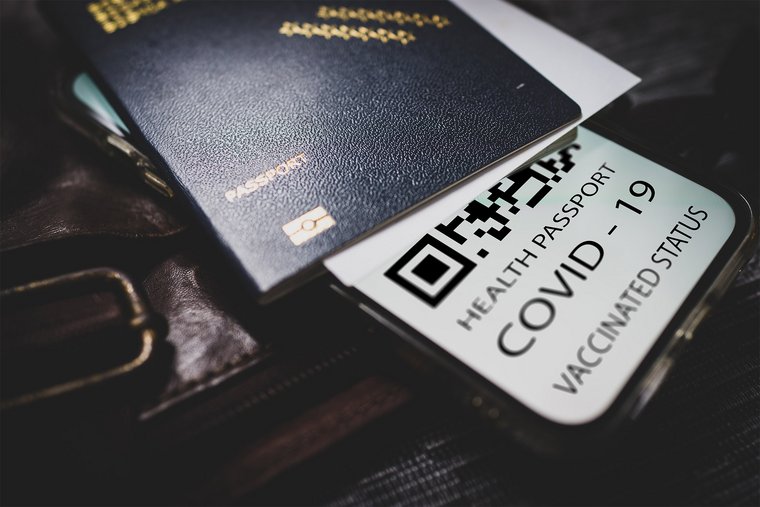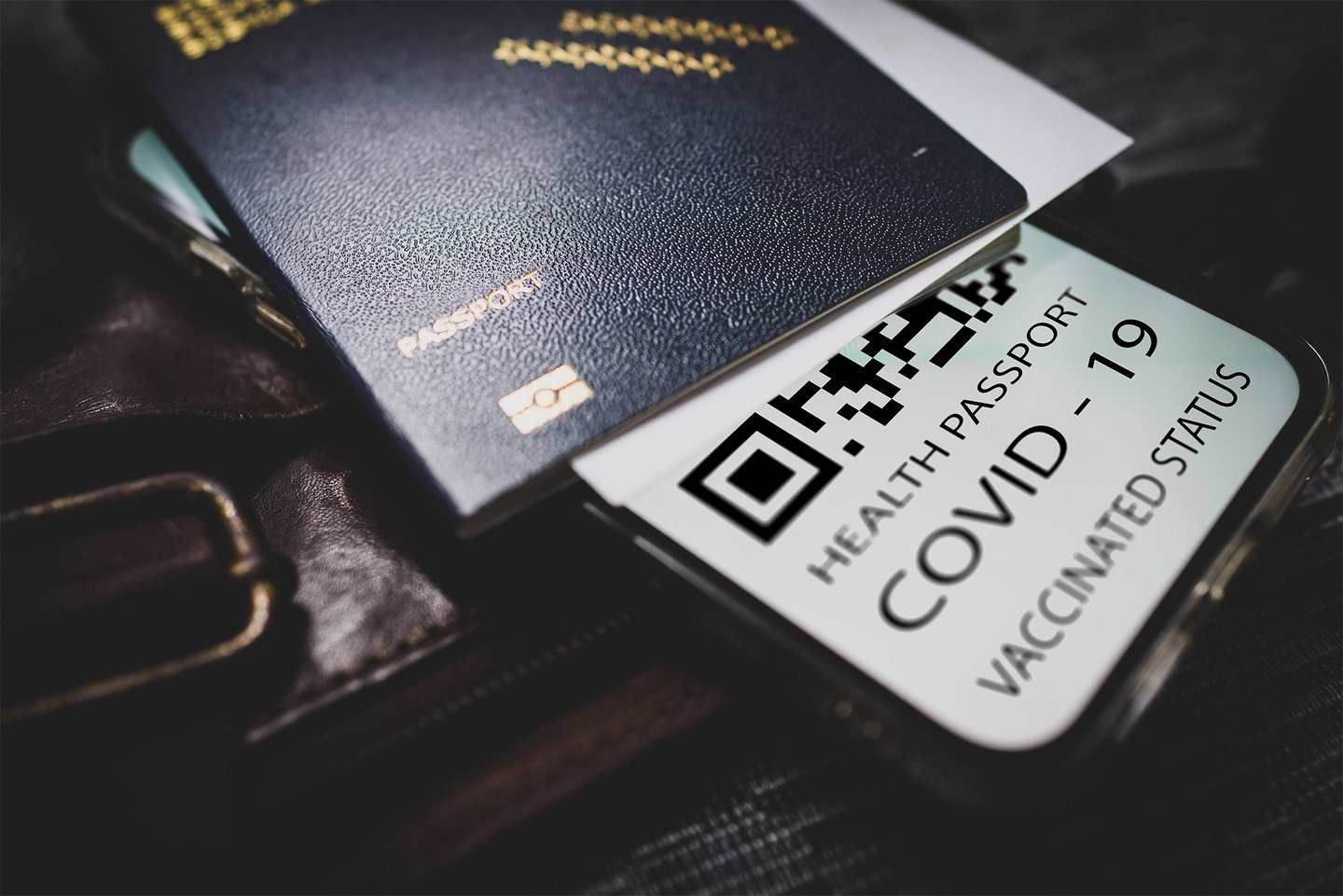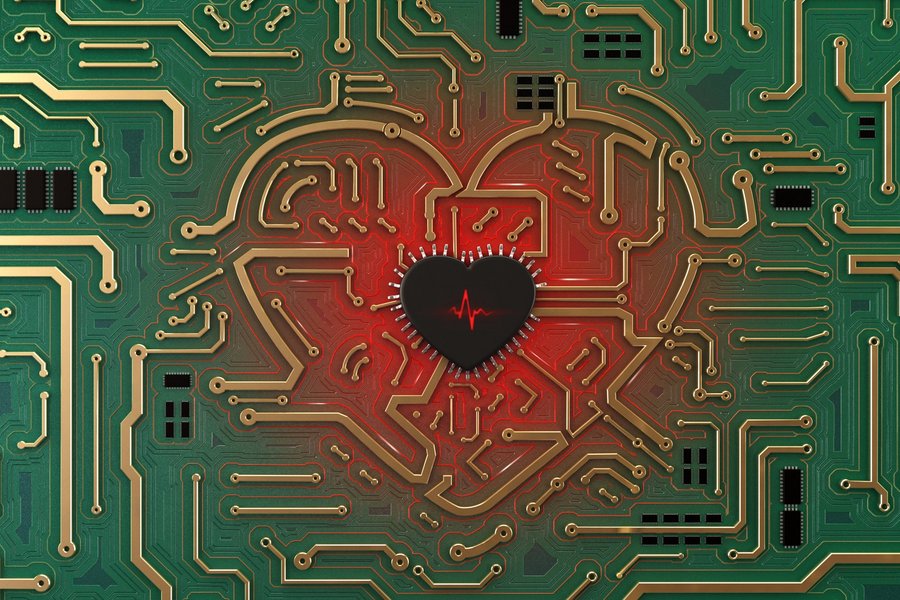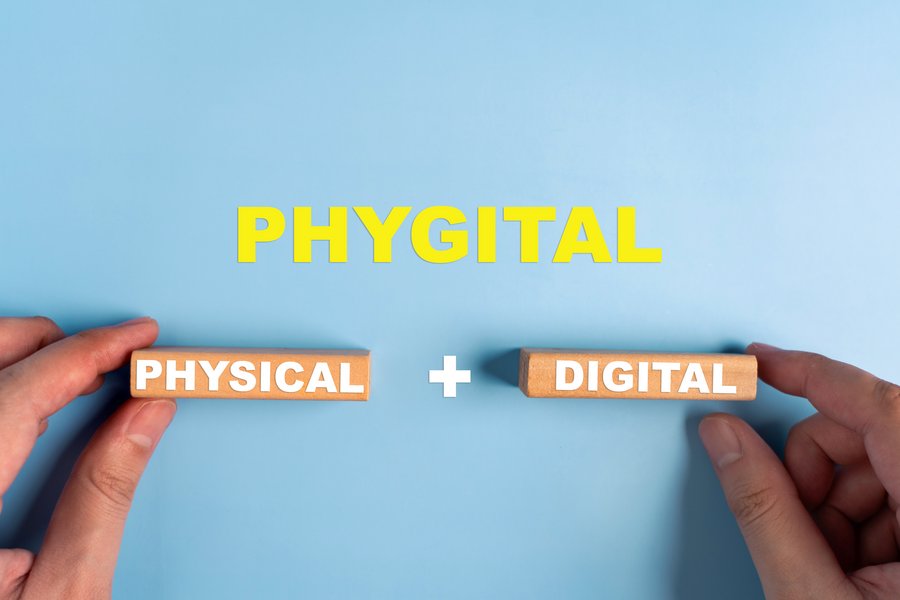When it comes to leaders in responding to the COVID-19 pandemic, Israel is near the top of most global charts. The country has one of the highest vaccination rates – over 5.4 million people, or 62% of the population, had received at least one dose as of the beginning of May 2021. It was also one of the first countries to introduce vaccination certificates, in February 2021.1
Many other countries are looking at whether such documents could be introduced as part of wider efforts to keep people safe as governments look to bring the coronavirus pandemic under control, boost their economic recovery, and facilitate their citizens’ ability to travel abroad.
Put simply, vaccination certificates are proof that a person has been vaccinated against COVID-19. In that respect, they are an extension of international vaccine records – documents that date back to the 1930s and that demonstrate that a traveler has been inoculated against diseases such as yellow fever.
Israel offers its citizens three documents: a Green Pass, a vaccination certificate, and a certificate of recovery. The Green Pass is widest in scope, entitling anyone who has been vaccinated against the coronavirus, who has recovered from coronavirus disease, or, in the case of those younger than 16 years old, who has tested negative in a coronavirus test to enter a wide range of establishments and mass participation events. The vaccination certificate is available to those who have a second dose of a COVID-19 vaccine and is recommended for international travel. The certificate of recovery confirms holders have recovered from COVID-19.
With smart healthcare – in the form of electronic patient records for example – growing in popularity, a coronavirus-related certificate need not be regarded as an outlier. “With the growing availability of COVID-19 vaccinations, the introduction of a vaccination certificate is an essential step in the return to normal life,” says Marc-Julian Siewert, COO at Veridos.





